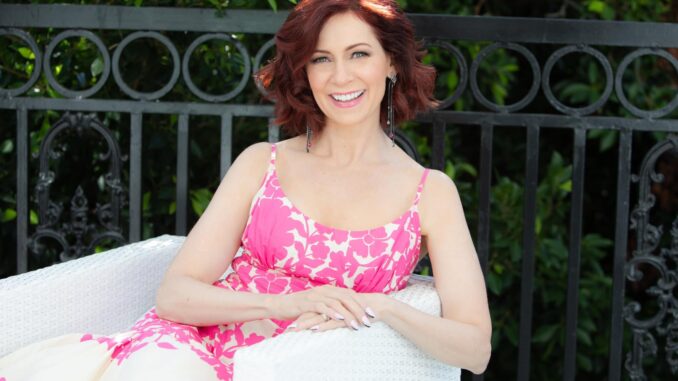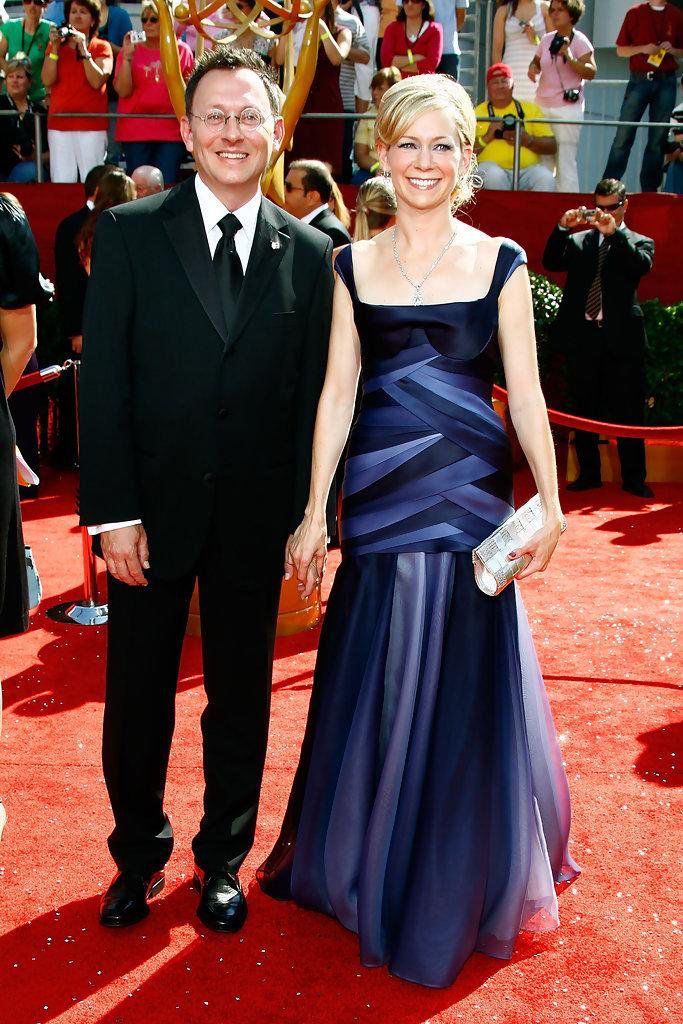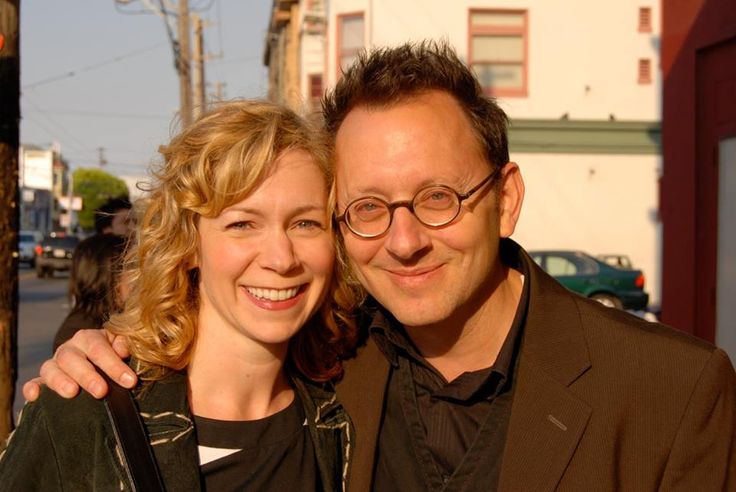
If you’ve been glued to the screen like me, you probably felt a mix of shock and “I knew this was coming” when Elsbeth walked out for the final time. It’s one of those moments where the writers cleverly pull the rug out but leave breadcrumbs all over the plot to soften the blow. Today, we’re diving deep into how Elsbeth’s exit wasn’t just a random plot twist — it was a masterclass in storytelling foreshadowing that paid off perfectly.

What Does Foreshadowing Really Mean in TV Shows?
Foreshadowing is like that subtle whisper in your ear, hinting something big is about to happen. In TV, it’s the art of planting clues—sometimes so small you barely notice them—leading up to a major event, like a character leaving or a plot twist unfolding. When done well, it makes the story richer and more satisfying.
Elsbeth’s Character Arc: A Quick Recap
Before we dig into the exit, let’s recap Elsbeth’s journey. From her first scene, she was layered—complex motivations, hidden struggles, and an evolving relationship with other characters. This complexity made her departure feel authentic rather than forced.
Spotting the Foreshadowing: Early Signs You Probably Missed
1. Sudden Changes in Dialogue
In the episodes leading up to her exit, Elsbeth’s lines started hinting at uncertainty. She avoided future plans, expressed frustration, and even dropped cryptic comments about feeling “trapped.”
2. Visual Cues and Symbolism
Did you notice how Elsbeth kept glancing at the train station or staring out of windows? These visual motifs weren’t random—they symbolized her desire to leave or move on.
3. Shifts in Relationships
Elsbeth’s interactions, especially with her closest allies, became tense and distant. These subtle changes often signal that something big is brewing.
Why Foreshadowing Makes Character Exits More Impactful
Imagine being blindsided by a character’s exit with zero setup. It can feel cheap or disappointing. Foreshadowing, however, builds emotional investment and prepares the audience, making the departure feel earned and meaningful.
Elsbeth’s Exit Scene Breakdown: What It Told Us
The final scene was packed with symbolism and emotional beats that connected to earlier hints. From the music choice to the dialogue, everything pointed to a bittersweet goodbye.
How Fans Reacted: Shock vs. Acceptance
Many fans were shocked, but a significant portion expressed acceptance, saying the exit made narrative sense. It sparked discussions about how well the show balanced surprise with storytelling integrity.
What This Exit Means for the Show’s Future
Elsbeth’s departure isn’t just an end—it’s a setup. It opens doors for new storylines, fresh characters, and unexpected twists. The writers laid groundwork that promises exciting developments.
The Psychology Behind Why We Notice (or Miss) Foreshadowing

Foreshadowing often works on a subconscious level. Sometimes, our brains pick up on clues without us realizing it until the event actually happens. That “aha” moment is pure storytelling magic.
Comparing Elsbeth’s Exit to Other Iconic TV Departures
Remember when [insert famous character] left their show? The parallels in foreshadowing and fan reaction are striking. Elsbeth’s exit joins a long list of memorable, well-crafted character goodbyes.
Why Writers Use Foreshadowing to Keep Viewers Hooked
Foreshadowing isn’t just about neat storytelling. It’s a hook, a way to keep audiences guessing and emotionally involved. It’s like breadcrumbs leading viewers through a forest — and Elsbeth’s exit is the clearing at the end.
The Role of Social Media in Amplifying the Exit
Fans took to Twitter, TikTok, and forums dissecting every episode frame. Social media’s role in sharing theories and spotting foreshadowing clues makes watching the show a collective experience.
Behind the Scenes: What the Creators Have Said About Elsbeth’s Exit
Creators often drop hints in interviews or social media posts. Their comments confirm that the exit was planned well in advance, highlighting the meticulous writing process.
Elsbeth’s Exit and Character Development: Lessons for Aspiring Writers
Elsbeth’s arc teaches writers about pacing, planting clues, and emotional payoff. It’s a perfect case study in crafting a believable and satisfying character exit.
What Could Have Been Done Differently? A Critical Look

No show is perfect. Some fans wished for a longer farewell or more closure. Discussing these opinions helps us appreciate how difficult balancing storytelling and fan expectations can be.
Wrapping It Up: Why I’m Not Surprised by Elsbeth’s Exit
Looking back, all the pieces were there. The subtle hints, the character shifts, and the emotional buildup made Elsbeth’s exit feel natural and inevitable. It’s a reminder that great storytelling rewards those who pay attention.
Conclusion
Elsbeth’s latest exit wasn’t a sudden shock—it was a carefully crafted moment that the show’s writers had been hinting at for weeks. This kind of foreshadowing enriches the story, making the farewell feel real and earned. It engages fans not just with the plot but with the emotional depth of the characters. If you missed the clues, don’t worry—this exit is proof that great writing often works in layers, rewarding viewers who dig a little deeper. So, what do you think? Did you see Elsbeth’s departure coming, or did it still catch you off guard? Either way, it’s a memorable moment that sets the stage for even more exciting twists ahead.
